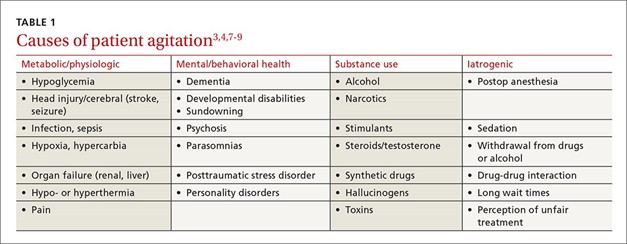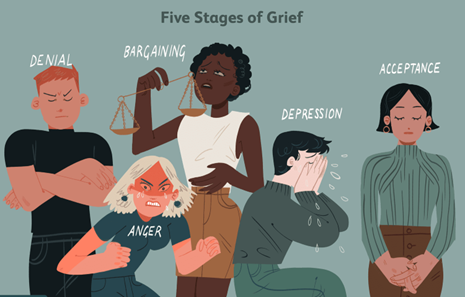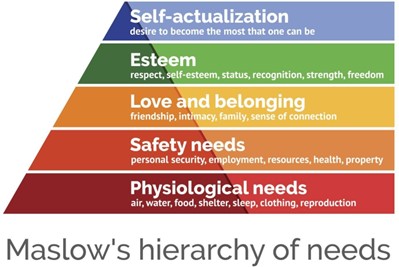A client is agitated and pacing in the hall near the nurses' station and swearing loudly. What response is the best for the registered nurse to provide?
Select one:
Others are being distracted; Please, quiet down and go to your room.
You seem pretty upset. Tell me about it
Please go to your room to get control of yourself.
What’s going on? Be quiet.
The Correct Answer is B
This response acknowledges the client's distress and opens the opportunity for the client to express their feelings and concerns. It also demonstrates empathy and a willingness to listen, which can help deescalate the situation and build trust between the nurse and client.
Option a ("Others are being distracted; Please, quiet down and go to your room") is dismissive of the client's feelings and may further escalate the situation.
Option c ("Please go to your room to get control of yourself") is directive and may be perceived as confrontational, potentially increasing the client's agitation.
Option d ("What's going on? Be quiet") is insensitive and dismissive of the client's distress and may further agitate the client.

Nursing Test Bank
Naxlex Comprehensive Predictor Exams
Related Questions
Correct Answer is C
Explanation
This statement shows that the client is not accepting the reality of their prognosis and is dismissing the doctor's professional opinion. Denial is a common stage in the grief process where individuals may refuse to believe or accept a difficult reality, often as a coping mechanism to avoid the pain and sadness of the situation. Options a, b, d, and e do not indicate denial and instead may suggest fatigue, acceptance, physical weakness, and anger or frustration, respectively.

Correct Answer is B
Explanation
According to Maslow’s hierarchy of needs, physiological needs such as food and hygiene are the most basic and fundamental needs that must be met before higher-level needs can be addressed. Therefore, a patient who refuses to eat or bathe would receive higher priority in care planning.

Whether you are a student looking to ace your exams or a practicing nurse seeking to enhance your expertise , our nursing education contents will empower you with the confidence and competence to make a difference in the lives of patients and become a respected leader in the healthcare field.
Visit Naxlex, invest in your future and unlock endless possibilities with our unparalleled nursing education contents today
Report Wrong Answer on the Current Question
Do you disagree with the answer? If yes, what is your expected answer? Explain.
Kindly be descriptive with the issue you are facing.
